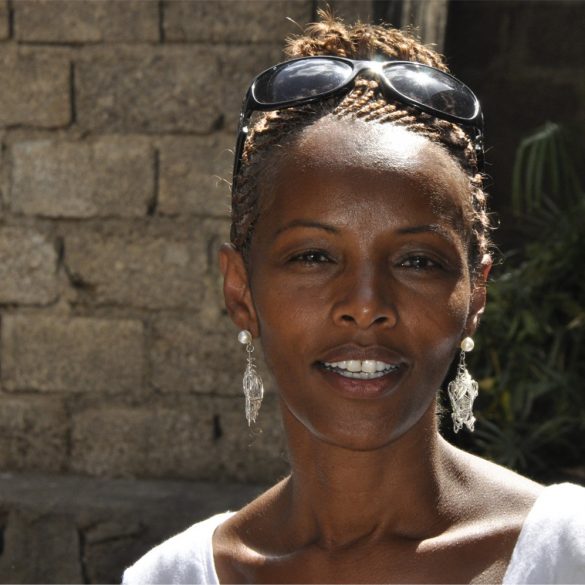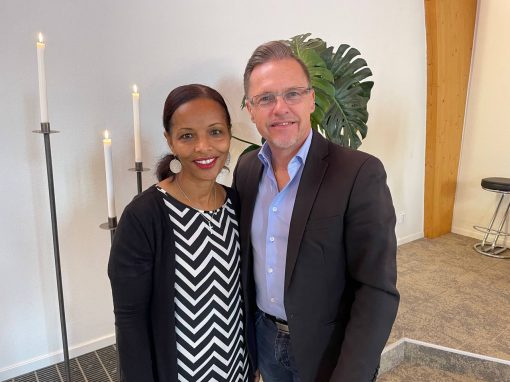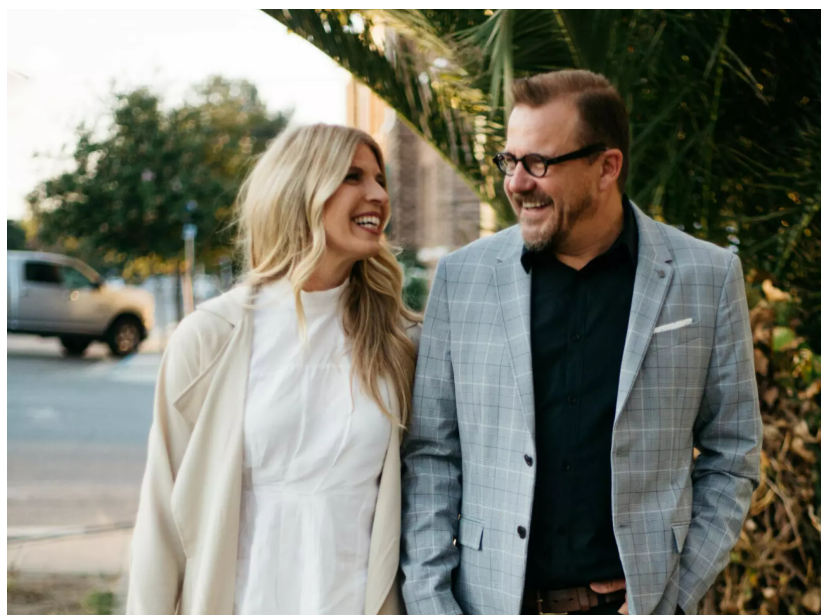About Us
Abbi,
who is actually named Abebech but in everyday life she is simply referred to as ‘Abbi’, has a desire to see poor women and children helped and restored.
Abbi’s own mother and father were very poor and when her father died Abbi was four years old. Her mother could not then take care of her and her two siblings. The three children were given away and Abbi came to a family where she began working as a maid when she was only four years old. The family was not kind and Abbi was frequently physically abused and most often went to bed hungry.
Abbi says herself; ‘It was not the hunger or the abuse that hurt, but the separation from my mother!’. But after a divine intervention she was able to forgive and to be free from hate and bitterness.
This is why we established FAMILY MERCY HOUSE – a restoration of the poorest families

Therefore she returned to Ethiopia and started the Family Mercy House
to help at least a few of these poor, uneducated women living in Addis Ababa. Most of them also have children, and the only way to break the poverty is for the children to go to school and get a proper education.
The women at the Family Mercy House get counseling where Abbi tries to motivate them to make an effort to change their lives and lift themselves from poverty. They go through a nine-month vocational training program to give them the tools to accomplish this. Many cannot read or write, but at the Family Mercy House they learn to:
- Bake and take care of the kitchen.
- Hair and nail care at the beauty salon.
- Knit, crochet and sew clothes with sewing machines.
- Produce local dry products and spices.
- Work and serve at a cafe.
Abbi also takes responsibility for the children through the Family Mercy House child sponsorship program, where children get sponsor parents who helps the children financially every month.

The Story of Our Beginning
Jennifer, originally from Fresno, California, and her Swedish husband Karl, dedicated fourteen years of their lives as residential missionaries in Ethiopia. Their deep commitment to the country’s communities shaped their journey.
During her last year in the country, Jennifer channeled this profound insight into a vital partnership with Abbi. Together, they meticulously crafted the comprehensive operational plan for Family Mercy House, laying out how its crucial work would unfold. Not only did Jennifer contribute to the organization’s strategic design, but she was also instrumental in securing the essential seed funding, ensuring that Family Mercy House had the financial stability to launch its programs and begin its mission of hope and transformation from its very inception. Her tireless efforts were key to turning a powerful vision into a sustainable reality.

